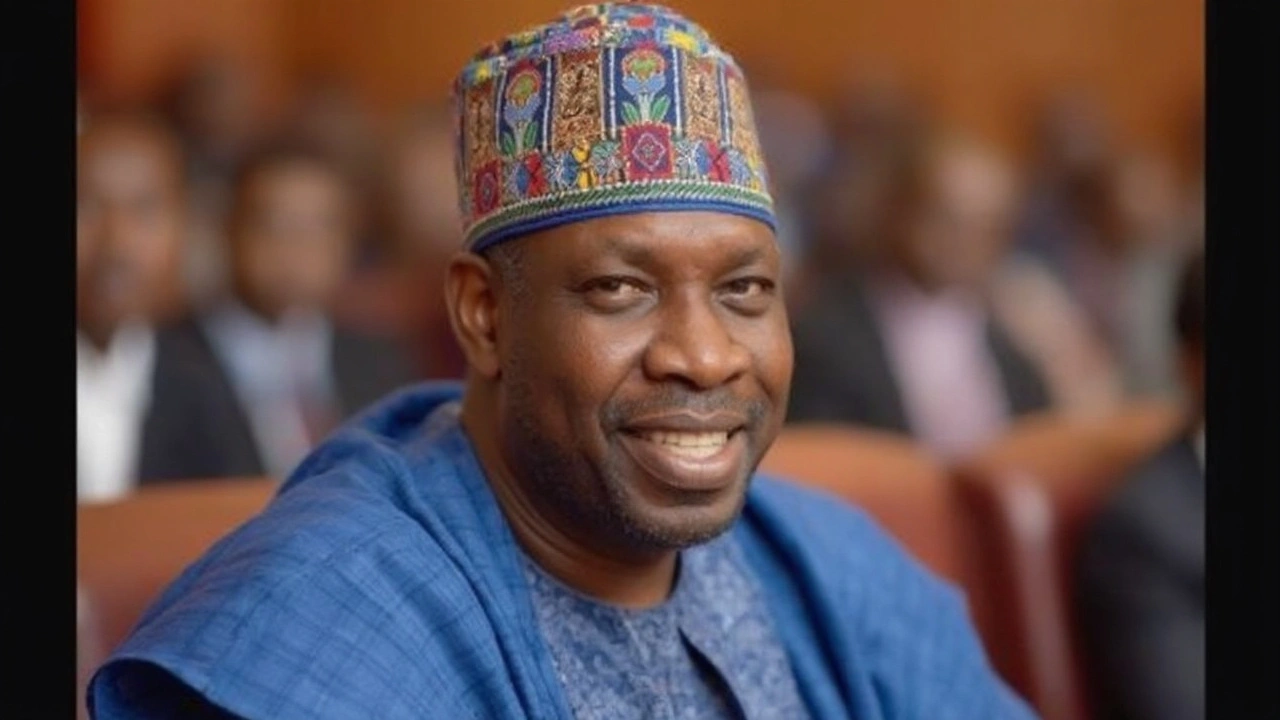Political Legacy: What It Means and Why It Matters
Ever wonder why some political leaders keep influencing their countries long after they leave office? That’s the power of a political legacy. It’s not just about what politicians do while in power but the long-lasting effects of their decisions, policies, and reputation.
A political legacy shapes everything from laws to social attitudes. Think about a leader who pushed major changes—good or bad—that still affect everyday life today. Their legacy lives on, guiding or warning future leaders and citizens alike.
How Political Legacies Form
Political legacies come from actions and choices, whether it's passing important reforms, fighting corruption, or even causing crises. For example, positive legacies might include expanding healthcare or education. Negative ones could be economic troubles or social divides that last for decades. The key is that these effects don’t just disappear—they influence how people view leadership and policy long after.
In African politics, legacies often shape the narrative around governance and national identity. Leaders who championed independence, economic growth, or peace are remembered and often held as examples or warnings. This helps the public judge current leaders and hold them accountable.
Why Understanding Political Legacy Is Useful
Knowing about political legacies helps us make sense of today's headlines and political debates. It shines a light on why some issues keep coming up or why certain leaders behave the way they do. For instance, a legacy of strong anti-corruption efforts might inspire ongoing reforms, while a history of political unrest can explain public distrust in government.
Political legacy also affects how voters choose their leaders. People often support candidates who promise to follow a respected legacy or break free from a harmful one. So, recognizing these patterns helps you understand political campaigns and decisions better.
Next time you read about a leader or policy, think about the legacy story behind it. What past choices are still shaping the present? Asking this can change how you see politics—from confusing power struggles into understandable, connected events.

Ibrahim Badamosi Babangida: Unveiling a New Chapter for Nigeria's Former Leader
Ibrahim Badamosi Babangida, Nigeria's former military leader, seems to be entering a new phase as he finally addresses long-held issues from his time in power. Babangida, who ruled Nigeria from 1985 to 1993, was known for his policies and controversial decisions. The spotlight is now back on him as he opens up about his past, perhaps seeking closure and reconciliation.
